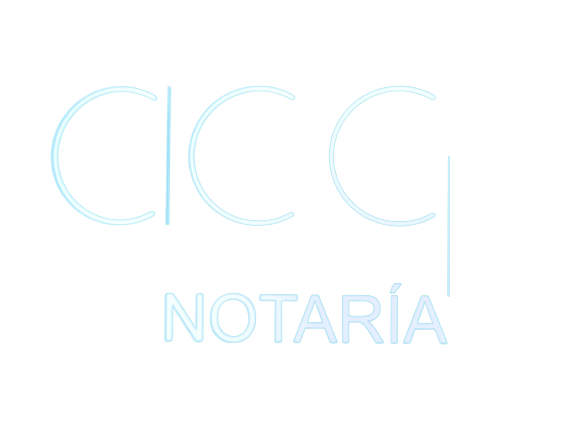Constitution of companies:
It is the legal business through which a company is born into legal life, which allows it to act on its own and have an existence separate from its partners.
Necessary documentation:
It will depend on each social type. For limited companies, which are the most common, you need (as a general rule):
DNI, NIE, passport or residence card of all partners, as well as those who attend in person or with power of attorney on the day of signing.
Negative certification of name from the Commercial Registry.
Social statutes.
Bank certification accrediting the deposit into an account opened in the name of the company being formed for the amount of the share capital. Another possibility is to make non-monetary contributions or the assumption by the founding partners of unlimited liability for the amount of the share capital.
Data of the person who is going to be appointed administrator.
Appointments and dismissals of administrators:
It is the corporate agreement in which new members of the administrative body are appointed or one of the administrators is changed following the dismissal of the previous ones or an appointment made previously is left without effect.
Necessary documentation:
DNI, NIE, passport or residence card of the named administrator. You must attend the signing.
Authentic copy of the company's articles of incorporation.
Certificate of real ownership of the company.
Certificate of Board agreement.
In cases of change of the administrative body, if its new form is not contemplated in the statutes, the text with the statutory modification is needed.
In the event that an administrator leaves office, he or she must appear at the signing or else he or she must be notified.
Changes of registered offices:
It is a modification of the statutes of a company that involves the transfer of the domicile of a company within the national territory or abroad.
Necessary documentation:
DNI, NIE, passport or residence card of the administrator. You must attend the signing.
Authentic copy of the company's articles of incorporation.
Certificate of real ownership of the company.
Agreement of the meeting, only in the case in which the statutes provide that the power to change the registered office does not correspond to the administrator.
Purchase and sale of shares and social participations:
It is the agreement whereby a partner sells all or part of his or her participation in a company to another person, whether or not he or she is a partner, in exchange for consideration.
Documentación necesaria:
DNI, NIE, passport or residence card of the selling and buying parties.
Authentic copy of the deed of incorporation of the company and any others that prove ownership of the shares or participations that are going to be sold.
Certificate of real ownership of the company.
If the statutes or the law establish any limitation on the transfer of shares or participations, it will be necessary to provide a meeting agreement.
Accreditation of payment methods.
Modification of corporate statutes:
It is the deed that aims to make public all those social agreements that produce the modification of any of the articles contained in the statutes.
Necessary documentation:
DNI, NIE, passport or residence card of the administrators.
Authentic copy of the company's articles of incorporation.
Certificate of real ownership of the company.
Certificate of Board agreement issued and signed by the administrator containing the adopted agreement and the new wording of the statutory article.
There are certain statutory modifications that require specific documents, depending on the modification.
Capital increases and reductions:
This is the deed that includes the social agreement by which the capital is increased or reduced by the will of the partners. The deed must state the amount by which the capital is increased or reduced, the method by which it is done, the entry or exit of new partners and the possible limitation of certain rights.
Consult necessary documentation.
Mergers:
It consists of the union of assets, rights, obligations and contractual relationships of two or more companies, through the prior agreement of the partners of the merging entities. It involves the integration of two or more companies into one.
Consult necessary documentation.
Splits:
It is a social agreement, by which part of its assets and liabilities are separated from a company and transferred en bloc to one or more other companies in exchange for consideration. The company in which the division occurs will continue to exist but without the divided part.
Consult necessary documentation.
Changes in social types:
It consists of making public the social agreement by which the social type of a company is altered (SL, SA, SC, etc.) for a new one. It is characterized because the society subsists as such, but subject to the rules of the new chosen type after the change.
Consult necessary documentation.
Dissolution and liquidation of companies:
Like people, societies also have a life cycle. Through dissolution, the company is legally extinguished by agreement of the partners. This requires prior payment of debts and distribution of the resulting assets among the partners, as well as formalization in a public deed. There are very simple cases but also more complex ones.
Consult necessary documentation.
